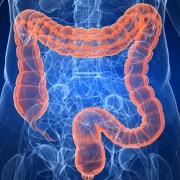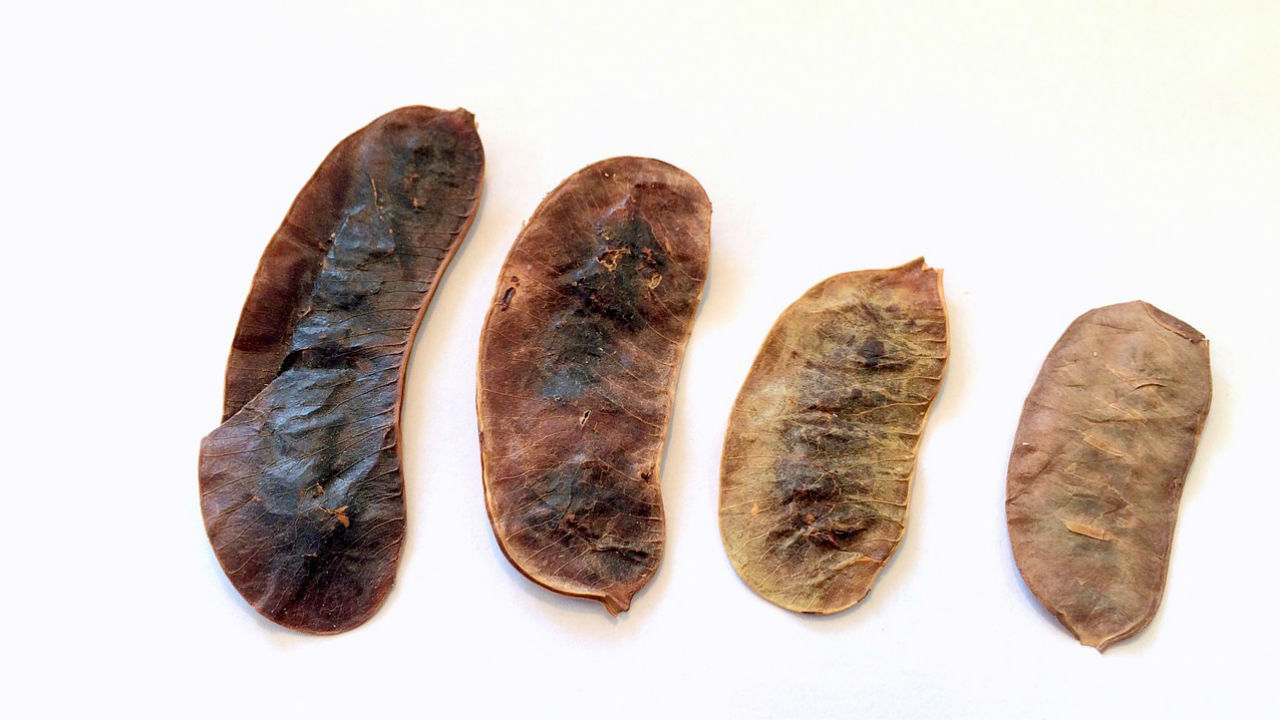 Alena Ozerova- (RS)/PhotoSpin
Alena Ozerova- (RS)/PhotoSpin
Your toddler may be constipated if he/she experiences pain during a bowel movement, indicating hard stool or stool that is difficult to pass, or has a bowel movement fewer than three times a week (or less often than normal. (1, 3) C
onstipation is quite normal and happens once in a while. “[I]f your toddler’s constipation lasts for two weeks or more it’s called chronic constipation, and you should see your pediatrician.” (1)
In most cases, constipation in toddlers and young children is often caused by something in their diet or ignoring their body’s urge to use the toilet.
Constipation can be accompanied by:
• Stomach ache
• Bloating
• Nausea
• Loss of appetite
• General crankiness
• Crying or screaming during bowel movements
• Avoiding the toilet (clenching the buttocks, crossing the legs, turning red, sweating or crying)
• Smears or bits of liquid stool in diaper or underwear (soiling)
Common Causes of Constipation in Toddlers
Common causes of constipation in toddlers include:
• Natural tendency – Some children just process food more slowly
• Diet – Too many processed foods and sweets, not enough fiber (whole grains, fruits and vegetables) not enough fluids; transitioning from breast milk to cow’s milk or introducing new foods
• Holding it – Toddlers often don’t want to stop what they’re doing to go to the bathroom, or may be resisting the potty training process.
• Fear of pain – Painful bowel movements in the past can discourage toddlers from doing it again.
• Change in routine – A vacation or other schedule changes can disrupt a child’s body’s rhythm and he/she may be unwilling to go.
• Insufficient exercise – Physical activity helps move food through the digestion process.
• Sickness
• Some medications or supplements (high-dose iron or narcotics used for pain)
• Anatomical anomaly or nervous system disorder
Simple Constipation Remedies for Your Toddler
Obviously the laxatives and stool softeners available to adults are too strong for toddlers. So, what’s a mama to do?
First, increase your child’s intake of fluids, particularly water, and fiber in the form of fruits and vegetables – except bananas. High-fiber foods include prunes, apples, pears, grapes, blueberries, strawberries, broccoli, peas, beans, whole-grain breads and cereals.
Reduce intake of cow’s milk, ice cream, cheese, white rice, apple sauce and cooked carrots.
Second, make sure your child is getting plenty of physical activity, at least 30-60 minutes a day.
Third, make sitting on the potty (not even necessarily pooping) a habit for 3-5 minutes after meals. A footstool will help your child feel more secure if they have fear of falling into the toilet. Use a reward chart or other sort of celebration to take the stress away from toileting.
Your pediatrician may suggest you give your child a stool softener to help get things moving and help his/her bowels to function normally, particularly if he/she has just come through a relatively long period of constipation.
You can find a list of safe constipation remedies at the two links below but consult with your pediatrician first:
Royal Children's Hospital Melbourne
Sources:
1) Toddler Constipation. WebMD. Web. Accessed: Apr 17, 2014.
http://www.webmd.com/children/guide/toddler-constipation-causes-treatments
2) Constipation. The Royal Children’s Hospital Melbourne. Web. Accessed: Apr 17, 2014.
http://www.rch.org.au/kidsinfo/fact_sheets/Constipation
3) Constipation. Palo Alto Medical Foundation Sutter Health. Web. Accessed: Apr 17, 2014.
http://www.pamf.org/children/common/digestive/constipation.html
4) Constipation. Native Remedies. Web. Accessed: Apr 17, 2014.
http://www.nativeremedies.com/ailment/natural-laxative-chronic-constipation.html
Reviewed April 18, 2014
by Michele Blacksberg RN
Edited by Jody Smith






Add a CommentComments
There are no comments yet. Be the first one and get the conversation started!